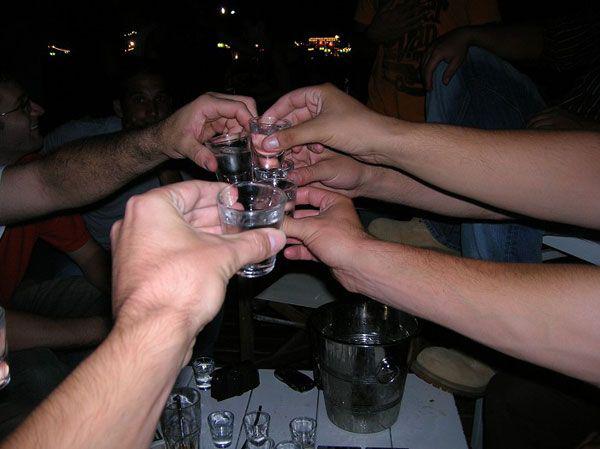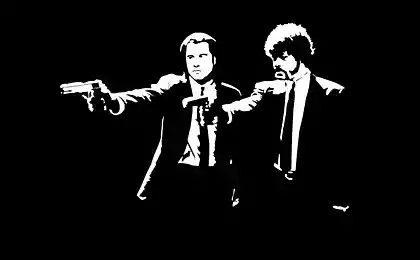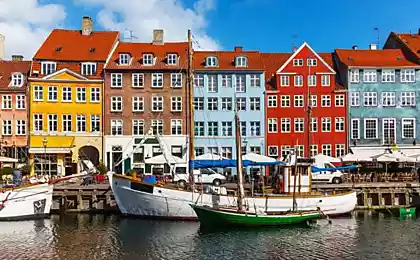913
Toasts different countries

Explain the foreigner, that the phrase "To your health!" Exists only for foreigners, and that in Russia it is used rarely - it is impossible. Because to say "Cheers" to foreigners is much more complicated, they will torment you it docked "health" to the end of time.
In order not to be as rude, it is better to learn how and what you need to say, drinking in the company worldwide.
In principle, foreigners can understand. In Poland, they say «Nazdrowie» - «Nazdrove." Slavic languages and for many German-romanoyazychnyh people sound alike, as Russia and Poland lie somewhere in the same area. This is why some foreigners do not come to mind, what can be said more simply, "For you!" Or "for us!»
Slightly different from the Polish "nazrovya" Czech: «Na zdrav» - «on sound».
The French also commemorated health. Fully toast sounds like «A votre sante». Among friends, you can simply say "Sante", that's enough. By the way, keep in mind that saying a toast abroad need to clink glasses with each individually, and be sure to look at the same person in the eye. Russian habit of doing "a bunch of little" from Choka glasses cause panic among foreigners. If your attempt to clink glasses once they withdraw all his glass to, or God forbid, the glasses did not cross each other.
The British did not clink. Health also prefer not to touch. Limit short "Sheers", which is adopted in the UK and America. By the way, note: in any country no clink with people who drink something really good for the health, such as juice.
The Germans say «Prosit» or "simple". Should drink only when "just" tell the landlord. Another popular option toast - "Tsumvol» (Zum Wohl), which means "For the health (well-being)," or simply "Behind you!».
Funny sounds Swiss and Austrian version of "Prozita" "Prosht." The more clearly you speak with the "W", the better. By the way, as in Russia, Germany can easily say "noh ein mal", which means "one more time».
Swedish need to say «Skoal» - «How". Swedes like the table to observe the little tradition. According to custom, the owner of the house in a greeting raises his glass and turning to each, says "how." Whenever this sounds toast, all exchanged glances, drink and again look into each other's eyes.
The Irish say «Slainte» - «Sleynt" and Italians and Spaniards prefer the "Salute" while in Spanish it is necessary to say a "D" at the end, "Salud. However, in some areas of Italy, is well known to us say "rank-rank».
In Yiddish the most common toast sounds like «LChayim» - «Lee Heim».
China - classic country ceremonies. Toasts taken there, but not necessarily to clink glasses. If the clink, then follow the old rule: the youngest (by age or position) should clink his glass top part of the stem of the glass, which raises a senior (in age or position), thereby indicating that puts himself below companions. Bottled drink must fill other people's glasses to the brim, otherwise it will look like a lack of respect. Clinking glasses, say "kan pei" or "Campai", which corresponds to the Russian "bottoms up" and in Chinese "to the river became shallow."






















